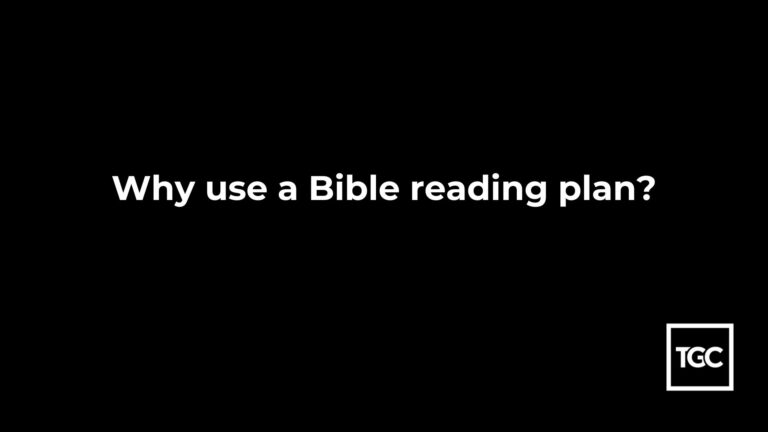I’ve worked in small churches, and I’ve worked in medium-sized churches that grew into bigger churches, and do you know what I’ve learned along the way?
It takes all shapes and sizes.
It has become somewhat fashionable to “bash” big churches as if they are all slick, compromising, sheep-stealing conglomerates, but that just isn’t true. Some are, I suppose, but many aren’t. Many grew because they were preaching the Word faithfully, loving their people, reaching out to their communities, and making disciples. If a church does those things for long enough, they tend to grow.
Does that make them evil?
Nope.
It’s just what healthy living things tend to do.
Of course, not all healthy churches grow. I grew up in a small church that was pretty healthy, as far as I could tell, and it never really grew much beyond 100 people. Much of that had to do with location. It was situated in a small town surrounded by horse farms and highways. It was that way when I was there as a kid, and it remains that way today. Healthy churches can be at least partially limited by geography and opportunity.
And of course, it also should be said that not all small churches are healthy. Small churches can be very attractive to controlling people who insist on everything being done their way. I’ve seen people like that come into a bigger church only to discover that in the bigger church, their voice is just one voice among many. Bigger churches also tend to have a fair bit of “institutional ballast,” so change comes slower and you have to make a strong case for it. When controlling people realize that their influence will be mitigated in a larger church, they often go looking for the struggling smaller church that will take their tithes and their volunteerism—and pay for it with the keys to the store. Plenty of smaller churches are controlled by one or two families who treat the ministry like their own family business.
There are problems with big churches too.
Lots of them!
Big churches can offer people places to hide. Big churches can attract people interested in a “full-service experience” who are less interested in growth, accountability, and sacrifice.
True!
But having served in a variety of churches over the years, I’ve found little value in pointing out what is wrong with the church next door. It feels virtuous to bash the big church, and it is tempting to assume the worst about the small church, but the truth is that all churches are made up of human beings and are capable of doing incredible good and remarkable harm. What we need are healthy, Jesus-loving, Bible-preaching, member-caring, neighbour-evangelizing, mission-supporting, disciple-making, God-glorifying churches of every imaginable shape and size.
No one type of church can reach and serve every type of person. We need to work together.
Big churches can be wonderful places to raise a family. Small churches can be wonderful places to build relationships. Big churches often have the size and budgetary flexibility to offer special programs for the disabled, the elderly, and those struggling with addictions. Small churches provide opportunities for people to discover and explore their spiritual gifts.
Wonderful!
I’m so thankful for the opportunities I’ve had to be blessed and encouraged by both.
Comparison is the ugly, secret sin of pastors. Comparison makes the pastors serving in the growing church feel accomplished. Comparison can also make the pastors labouring in the smaller church feel smug.
Both sins need to be repented of, and neither posture contributes much toward useful, productive service over the long haul.
When Peter asked Jesus about the ministry and calling given to the Apostle John, Jesus replied by saying:
“What is that to you? You follow me!” (John 21:22 ESV)
That was wonderful counsel in the first century A.D., and it remains wonderful counsel still today.
O God help!
Pastor Paul Carter
If you are interested in more Bible teaching from Pastor Paul you can access the entire library of Into The Word episodes through the Audio tab on the Into the Word website. You can also download the Into The Word app on iTunes or Google Play.
















